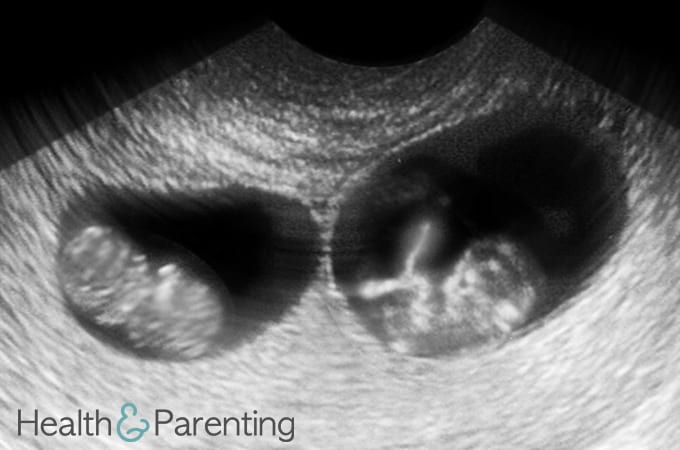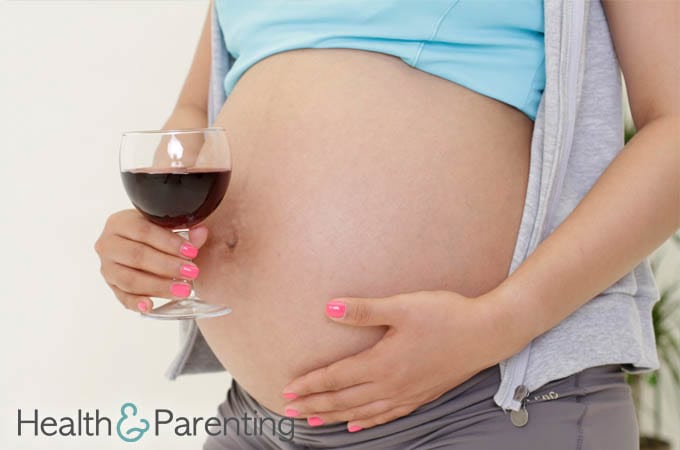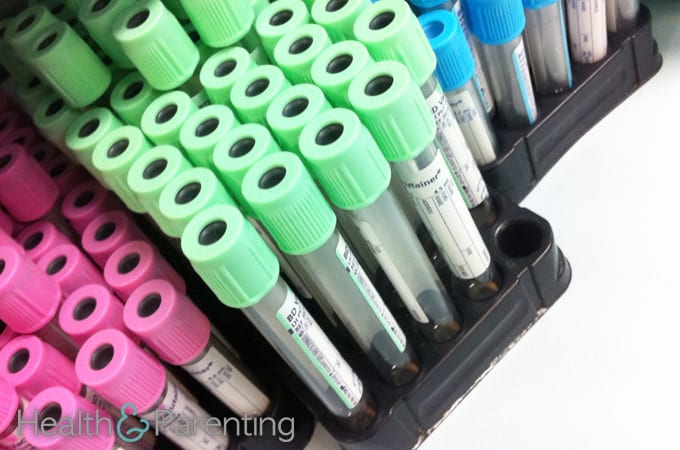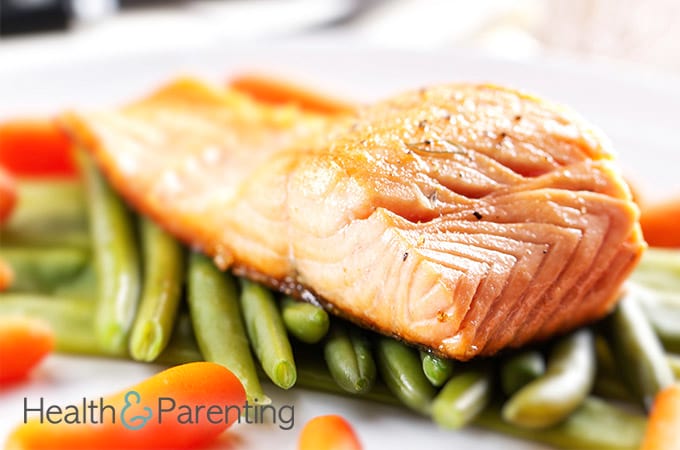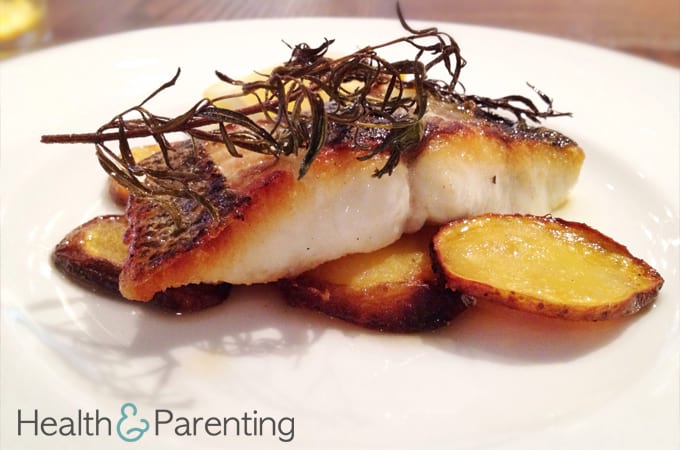In the US, three percent of pregnant women will give birth to twins or triplets. This number has increased in recent years in part because of a rise in drug-assisted infertility treatments, and also because of an increase in older mums.
Multiple pregnancies
Women expecting twins are at an increased risk of morning sickness, and are more likely to experience back problems because of the extra weight they are carrying. Your pelvic floor is under more stress than during a normal pregnancy, so you should be extra vigilant about doing your pelvic floor exercises. If you are carrying multiple pregnancies, you may find yourself tiring more easily. You should make sure you get enough rest, and listen to your body.
Giving birth to more than one baby
If you are carrying multiple pregnancies, you may have a shorter pregnancy. Twins and more tend to be born earlier, in part because they have less room in which to grow. The placenta becomes less efficient earlier in multiple pregnancies, which could be another reason for the reduced term. For twins, 37 weeks is considered full term, and for triplets this number drops to 34. For quadruples, pregnancy lasts just 32 weeks.
Multiple pregnancies often result in lower birth weights. Multiple pregnancies are more likely to encounter preterm labour and premature birth. If you are worried that you may be experiencing preterm labour, you should contact your healthcare provider immediately. Multiple pregnancies carry more risk, but is important to remember that these babies are now safer than ever, thanks to advances in medicine.
You should be able to try for a vaginal delivery if you are carrying twins or triplets. Unless there is another reason to opt for assisted delivery, your healthcare provider will recommend a vaginal birth. There is a slightly increased risk of complications arising during labour, but you will have professionals on hand to monitor yourself and your babies throughout the delivery.
Bonding with twins or more
You may be worried that you will struggle to bond with your babies because you’ll be overwhelmed with caring for two or more babies at once. It is true that parents of multiple babies have their work cut out for them, but preparing yourself for this in advance can help. You may like to arrange for extra help following the birth, to allow you to feel rested and able to best care for your babies. Friends and family will no doubt be more than willing to help out for a few hours in exchange for a few cuddles from the twins.
Are you expecting twins?
Written by Fiona, proud owner of a toddler, @fiona_peacock
This information is not intended to replace the advice of a trained medical doctor. Health & Parenting Ltd disclaims any liability for the decisions you make based on this information, which is provided to you on a general information basis only and not as a substitute for personalized medical advice. All contents copyright © Health & Parenting Ltd 2017. All rights reserved.

